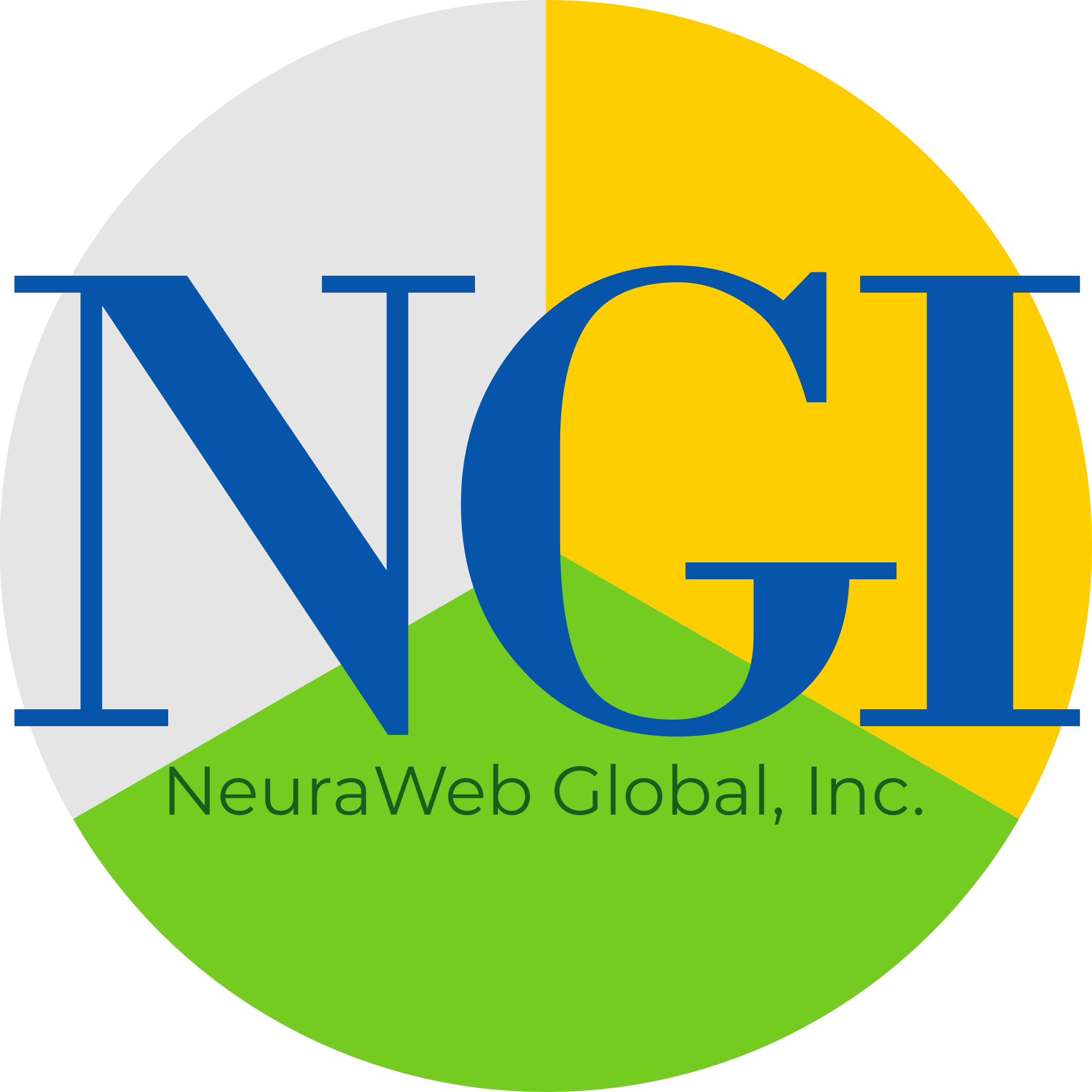Comparison of UNE (Universal Namespace Engine Registrar) to Freename.com and Its Web3 Tools
Universal Namespace Engine Registrar
Based on the provided document describing UNE as NeuraWeb’s decentralized domain claiming and registration system, and the details extracted from Freename.com and its Web3 tools page, here’s a side-by-side comparison. UNE is a hybrid dApp protocol for semantic, eternal domain claiming via soulbound NFTs, emphasizing AI-native features, inclusivity, and interoperability with the WWW. Freename.com is an ICANN-accredited Web3 registrar focused on bridging Web2/Web3 domains with one-time ownership, no renewals, and tools for monetization and management. Its Web3 tools extend functionality around domain exploration, verification, payments, and browsing.
| Aspect | UNE (Universal Namespace Engine Registrar) | Freename.com and Web3 Tools |
| Scope and Focus | Broad ecosystem integration: Handles domain claiming as part of NeuraWeb’s reimagined internet, including semantic namespaces, eternal ownership, and bridging to legacy DNS. Supports full TLD minting via DAO governance, with AI for suggestions and dynamic adaptation. | Niche domain registrar: Focuses on Web2/Web3 domain registration, TLD creation, and monetization. Web3 tools enhance domain utility (e.g., payments, exploration, WHOIS lookups), but not a full internet rebuild—more of a standalone service for digital identities. |
| Domain Claiming/Registration Process | User-friendly with AI guidance: Enter string or semantic prompt; AI suggests variants; BrandVault verifies trademarks via oracles (USPTO/WHOIS); ZK-proofs for privacy; mints as soulbound NFT on NexusNet; 5-minute process; handles 1M/day. Free for verified humans/nonprofits via airdrops. | Streamlined but traditional: Users search/buy domains/TLDs via platform; one-time minting on blockchain; tools like Domain Explorer aid discovery. No explicit AI guidance mentioned; focuses on instant lookups and verification. Not free—upfront fees vary by demand/promotions (e.g., $10 credits for transfers). |
| Pricing/Business Model | Cost: 0.01 NEX (~$0.05) or free via airdrop/staking; no renewals; subsidized for Global South; 80% fees to validators/creators, 20% to treasury. Monetization through views/tips (0.0001 NEX); staking for yields (5-15% APY). | One-time upfront fees (varies by domain/TLD demand; promotions like 2 free .com on qualifying purchases or $10 credits); no renewals; royalties from subdomains (TLD owners earn from sales). Web3 tools: Many free, some premium features with small fees; emphasis on accessible/affordable. Marketplace for trading without middlemen. |
| Ownership and Eternity | Eternal via soulbound NFTs (non-transferable, tied to DID); no expirations; stake compute for perpetual access; auto-deprecation for spam via reputation scores. | Perpetual ownership after one-time purchase; blockchain-based (no renewals); users own forever, with royalties from subdomains. Similar “eternal” model but asset-focused (transferable via marketplace). |
| TLD Creation and Hierarchy | Hierarchical dot syntax but fluid/semantic; TLDs minted via NeuraTrust DAO (quadratic voting); subdomains auto-generated via AI; examples like .neura, .corp.neura. | Custom TLD minting (e.g., .yourbrand); subdomain royalties; cross-blockchain compatibility (Ethereum/Solana). Tools like WHOIS for verification enhance management. |
| Privacy/Security | Near-zero risks: ZK-SNARKs/proofs for verification without revealing info; quantum-safe (Kyber-1024); anti-squatting via BrandVault; dUDRP for disputes; reputation decay for unused domains. | Blockchain for secure ownership/transactions; transparent records reduce fraud; WHOIS tool verifies without middlemen. No explicit quantum-resistance or AI anomaly detection; focuses on transparency over advanced privacy proofs. |
| Interoperability | Bridges WWW via gateways/proxies; semantic resolution (NLP embeddings for fuzzy matching); fallback to legacy DNS; supports Web2 migration (e.g., .com mirrors). | Cross-blockchain (Ethereum/Solana); bridges Web2/Web3 (e.g., on-chain DNS for ccTLDs like .WS); tools for dApp integration and metamask compatibility (mobile/desktop). |
| AI-Native Features | Deep integration: AI for prompt-based claiming, suggestions, dynamic adaptation; LangChain for semantic search; AI chatbots guide users. | Not emphasized; tools are functional (e.g., domain exploration) but no AI-driven claiming or semantic resolution mentioned. |
| Sustainability/Energy | Grid-neutral: Low-power units (5-20W basics); AI-managed renewables (solar/wind priority). | Not addressed; digital platform with no hardware focus, so minimal direct sustainability claims. |
| User Empowerment/Monetization | High: DAOs for governance; users earn from views/staking; inclusive subsidies; reciprocal (users guide network via votes). | Moderate: Users monetize via TLD royalties/subdomain sales; marketplace for trading; freedom from renewals, but less governance (no DAOs mentioned). |
| Adoption/Scale | Potential 100M+ units via DePIN; pilots for underserved regions; global inclusivity. | Growing niche: Positive reviews for simplicity; partnerships like .WS TLD; focuses on creators/investors, but scale limited to domain market (~$10B by 2030). |
| Unique Selling Points | Full internet reimagination: Eliminates ISPs via mesh; quantum-resistant; semantic eternal domains; ties to broader ecosystem (e.g., Microsoft dual presence case study for brand migration). | First on-chain DNS/Web2 TLD; royalty model for passive income; cross-chain tools (e.g., browser extension for Web3 access, payments via domains). |
NeuraWeb’s UNE emerges as a more ambitious and integrated solution, positioning domains as dynamic, semantic entities within a complete decentralized ecosystem—far beyond Freename’s niche focus on registration and tools. UNE’s AI-native claiming, DAO governance, and inclusivity (e.g., free for underserved via airdrops) make it superior for user empowerment, while its quantum-safety and WWW bridging address broader challenges like legacy migration (e.g., Microsoft case study). Freename excels in simplicity and monetization (royalties without renewals), with Web3 tools adding practical utility (e.g., domain-based payments and browser extensions), but it lacks UNE’s depth in sustainability (renewables), security (tamper-proof hardware tie-in), and scale (DePIN for 100M+ units). Freename’s “freename” branding feels misleading (one-time fees, not free), potentially eroding trust, whereas UNE’s transparent, subsidized model better aligns with ethical, compassionate capitalism.
Overall, UNE could subsume Freename-like features (e.g., TLD minting) as a module, making NeuraWeb “better” for a transformative vision—complementary partnership potential (e.g., integrate Freename’s on-chain DNS for UNE’s semantic resolution) could enhance both, but UNE’s holistic approach gives it the edge for a reimagined internet.
